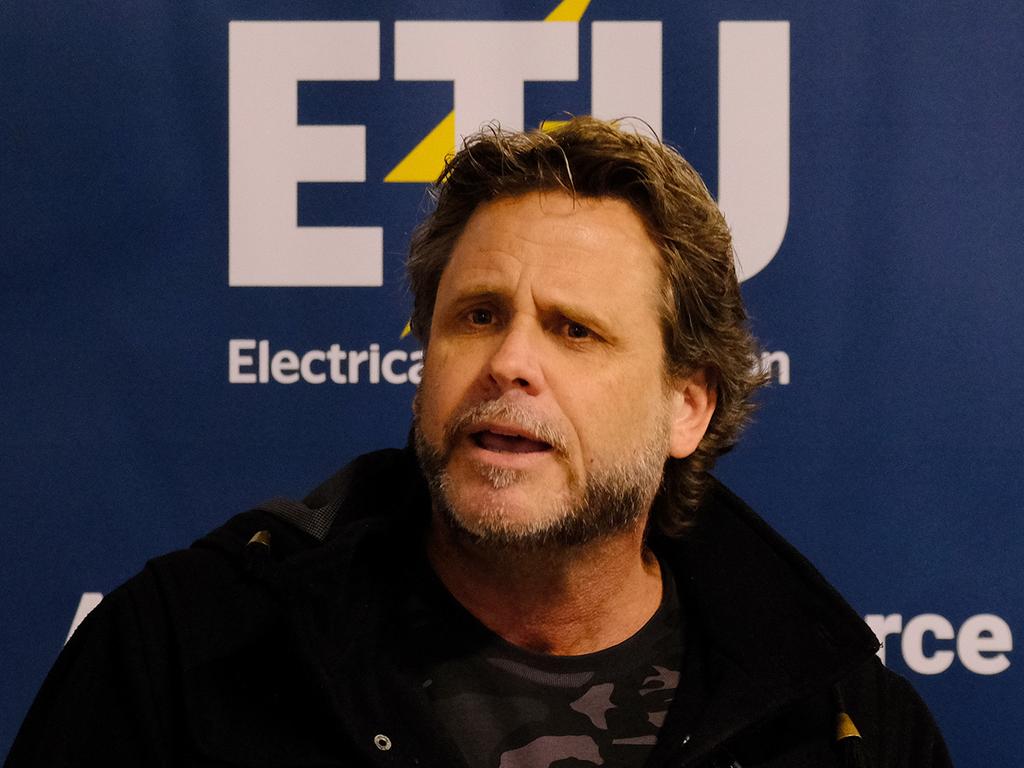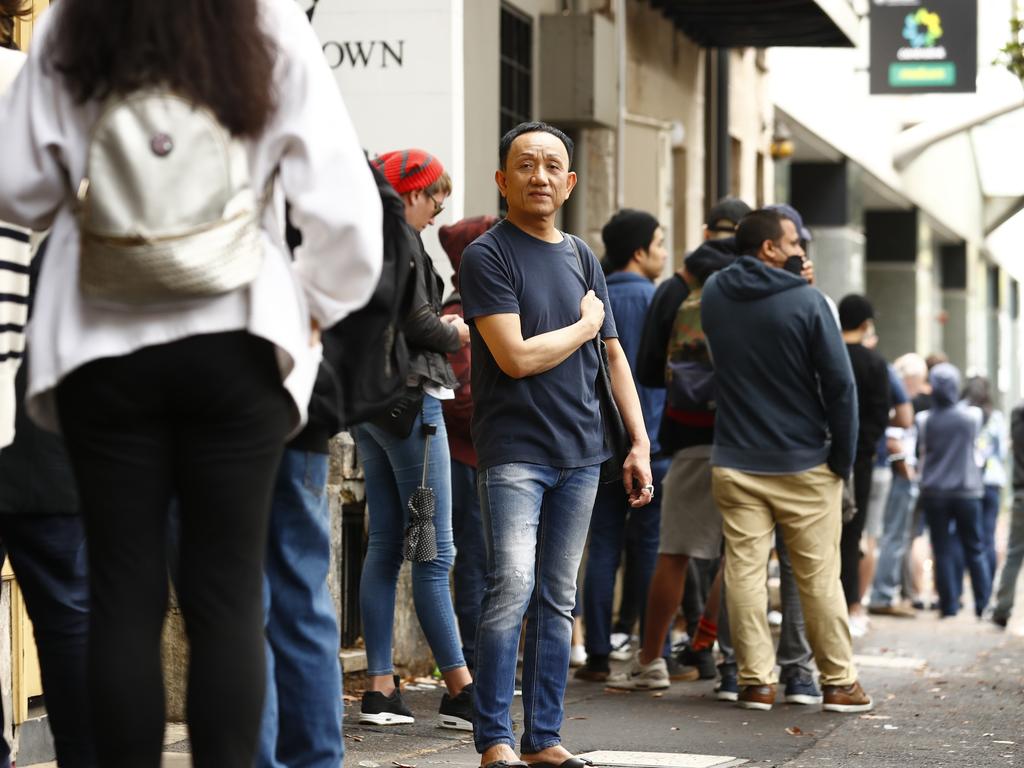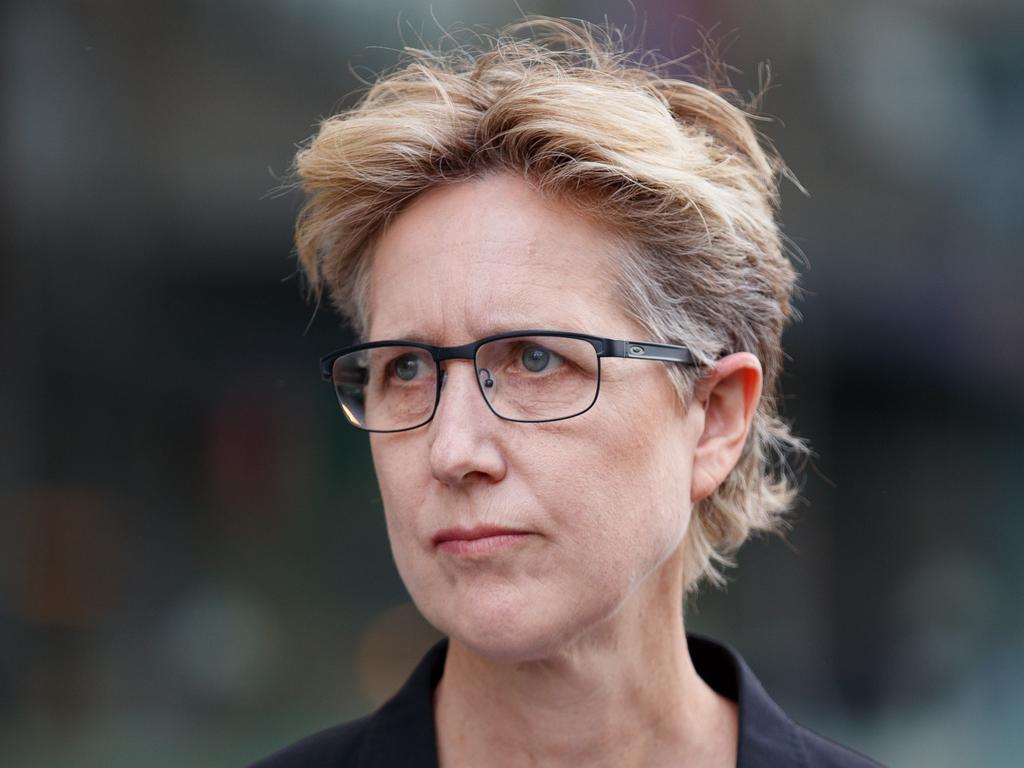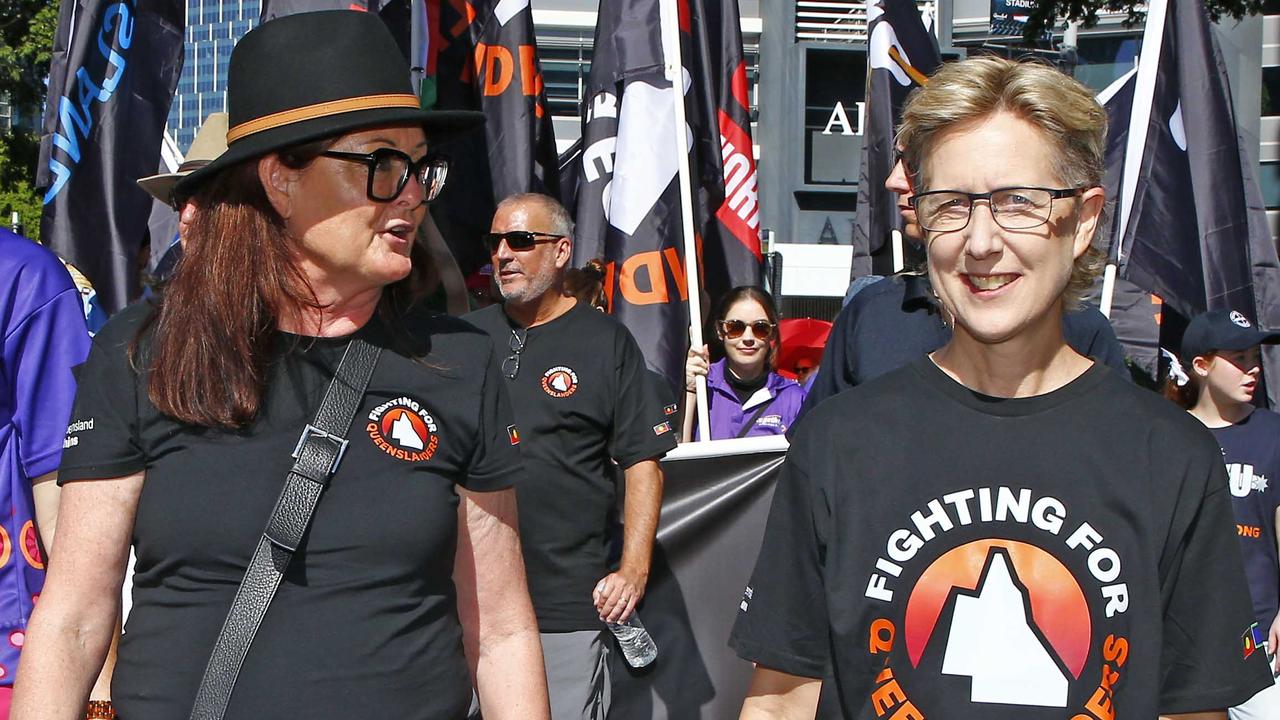Private sector union membership at record low 7.9 per cent
For the first time, public sector union members outnumber unionists in the private sector,
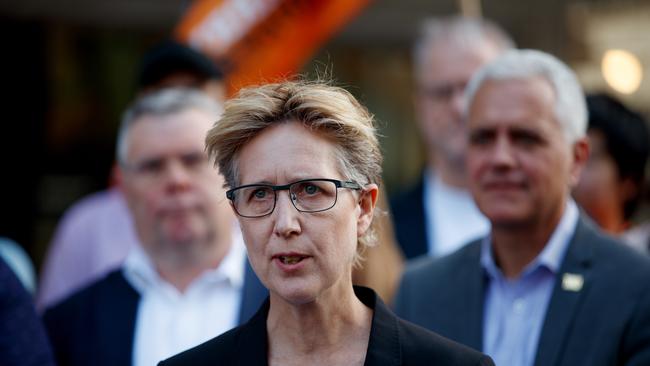
Private sector union membership has fallen to a record low 7.9 per cent, with public sector union members for the first time outnumbering unionists in the private sector, new figures compiled by the Australian Bureau of Statistics show.
ABS data released this week showed overall union membership has risen over two years from 12.5 per cent to 13.1 per cent, equivalent to 1.6 million members, the first increase in the rate of trade union membership since 2011.
However, ABS data subsequently released on Tuesday attributed the growth to an extra 191,000 union members in the public sector, while the number of union members in the private sector fell over two years by 15,600.
The number of private sector union members was 756,600 in August 2024 while public sector membership was 823,000.
From 1992 to 2024, the proportion of employees who were trade union members has fallen from 40 per cent to 13 per cent.
Over the past decade, private sector membership had progressively fallen from 12.1 per cent in 2014 to 10.5 per cent in 2018 to 7.9 per cent in 2024.
In August 2024 only 3.7 per cent of employees aged 15-19 years and 7.3 per cent aged 20-24 were trade union members. This increased to 21 per cent for employees aged 60-64 and 20 per cent for employees aged 55-59 and 65-69.
The occupations which recorded the highest proportion of employees who were trade union members were professionals (20 per cent): community and personal service workers (16 per cent); and machinery operators and drivers (16 per cent).
The industries with the highest proportion of employees who were trade union members were education and training (27 per cent); public administration and safety (23 per cent); and health care and social assistance (23 per cent).
ACTU secretary Sally McManus highlighted the overall “significant” increase in union membership from 12.5 per cent to 13.1 per cent, saying “it’s because people understand that if you want pay rises and improved working conditions you need to join a union.
Australian Industry Group chief executive Innes Willox said the fall in private sector membership showed unions “were becoming increasingly irrelevant despite their best effort to portray themselves as vital to the economy”.
“The free kick they have been given with a raft of new workplace laws is clearly not resonating with Australian workers.,” he said
Opposition employment spokeswoman Michaelia Cash said private sector workers were abandoning unions despite the Albanese Government changing numerous workplace laws specifically to benefit the trade union movement.


